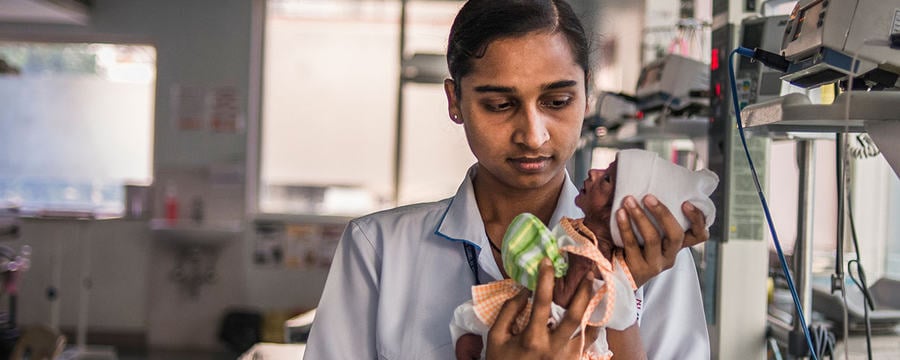Home / Healthcare & Medicine / Healthcare / Retinopathy of Prematurity: Practical Approaches to Prevent Blindness / How to set up and manage an effective ROP programme: A case study from India
This article is from the free online
Retinopathy of Prematurity: Practical Approaches to Prevent Blindness


Reach your personal and professional goals
Unlock access to hundreds of expert online courses and degrees from top universities and educators to gain accredited qualifications and professional CV-building certificates.
Join over 18 million learners to launch, switch or build upon your career, all at your own pace, across a wide range of topic areas.




